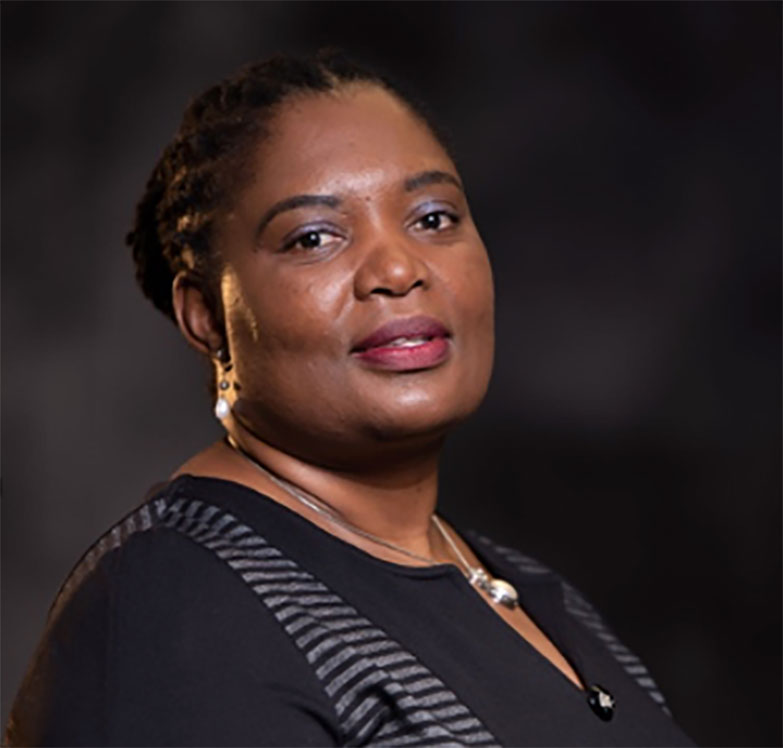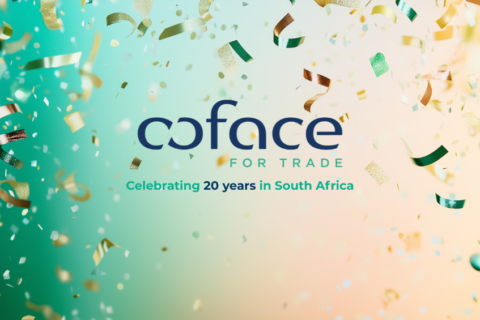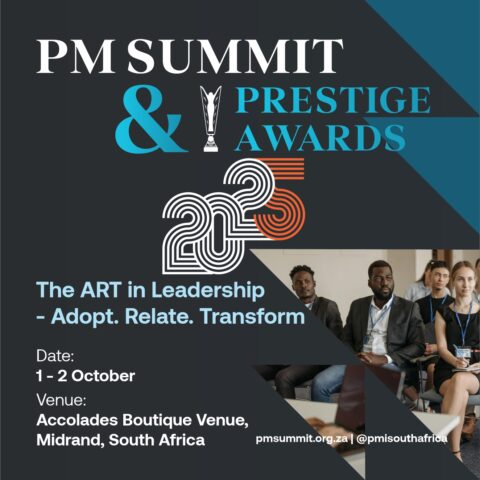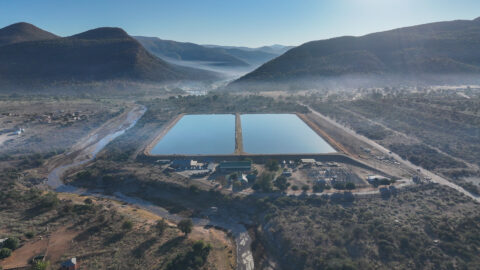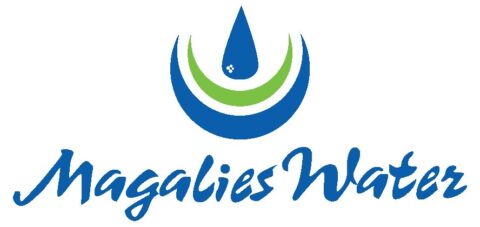Empowerment PR
Serious Social Investing Conference
By igniting human capacity, South Africa can begin to craft a different story about inequality and poverty, writes Mankodi Moitse
There’s little need for an elaborate explanation of the socio-economic plight of South Africans. Two statistics do the job: 8.4 million people are unemployed, according to Stats SA, and this month’s National Food and Nutrition Security Survey found 20 million are hungry.
A striking comparison from the South African Social Security Agency and the National Treasury’s 2024 Budget Review adds context: there are four times as many social grant recipients as individual taxpayers, meaning that anyone hoping the government will wave a wand and magically transform poverty into plenty is set for disappointed-although it is fair to have such an expectation.
Even the recently renewed partnership between the government and business, with its promise of an extra million jobs if the forecast economic growth comes to pass, is limited in its scope and capacity. Tackling the crises in energy, transport and logistics, and crime and corruption can go only so far when the societal need for systemic change is so deep and wide.
Fortunately, less visible partnerships have proliferated across South Africa, and the recent Serious Social Investing Conference in Johannesburg showcased many of the collaborations involving business, development agencies, nonprofits, NGOs, foundations and government entities.
It was particularly heartening to hear Dr Judy Dlamini, the founder and chairperson of Mbekani Group, speak about the importance of igniting human capacity if the economic playing field is to be levelled. She highlighted the essential role social investors can play in areas such as education, healthcare and social services to support a more equitable and just society where human potential can flourish.
Igniting human capacity
It’s no coincidence that “igniting human capacity” was adopted as Kagiso Trust’s new tagline earlier this year. The Trust celebrates its 40th anniversary in 2025, and it has become clear to us – and to many others undertaking similar work – that at the heart of our mission is the need to develop human capacity.
We’ve seen the benefits of public-private partnerships (PPPs), but we need to add a fourth “P” to the equation: People. If we can partner with South Africans in acquiring skills, knowledge and abilities, they will not only be able to contribute to their own well-being; they will also become active citizens who contribute to the empowerment of their communities.
Imagine individuals in your community starting reading clubs or homework support programmes for children or sharing their skills in workshops. They might also get involved in local government, organise crime watches, launch community action groups to tackle local issues, mobilise neighbours to plant a community garden, organise a care network for the elderly. Once people are empowered, the opportunities are endless.
When we ignite human capacity, we create a virtuous circle: a skilled, educated workforce is essential for economic development, which reduces inequality, improves health outcomes and strengthens social cohesion. Over time, the renewable resource that is human capital gradually becomes more educated and prosperous, and society transforms. This is the antithesis of a magic wand, and it requires a great deal of effort. But it works.
How do I know that? Because I have seen it. For many years, education has been one of Kagiso Trust’s pillars, and 20 years ago we piloted what was then called the Beyers Naudé Schools Development Programme in the Vhembe district of Limpopo. These days it’s called the District Whole School Development Programme, and it has benefited hundreds of thousands of learners in Limpopo and the Free State.
The programme focuses on teacher training, leadership development, curriculum support and infrastructure development. The goal is to give township and rural learners access to high-quality education, so they have a wide range of options after matric. Its educator development efforts emphasise technical and vocational skills alongside academics as career paths.
With our key partners jointly working with provincial education departments, and as a result of our work together we have seen gratifying and sustainable improvements in academic performance. Last year, a pupil in a Free State education district that the Trust exited in 2016 was the province’s top matric, and the Free State achieved the highest matric pass rate in the country (89%) for the eighth successive year.
Power of partnerships
Sustainability is indeed the greatest reward for many years of hard work, but this example of a programme that has transformed lives and set the virtuous circle in motion also shows the power of partnerships. Teachers, principals, parents, education officials and politicians have been some of our key collaborators.
South Africa is replete with similar programmes, and at the social investing conference I was a panellist alongside representatives of several. One of the characteristics they share is strong partnerships with the private sector. More and more of these NGOs and in particular CBOs need more reliable funding for consistent delivery of the critical work. For example, Jozi My Jozi, which has set out to rekindle pride in the Johannesburg CBD, is supported by the likes of Anglo American and Nando’s; and Mamas Alliance, a network of organisations which care for 60,000 vulnerable children, has gone as far as establishing its own corporate social investment agency to simplify and facilitate partnerships between funders and its NGO affiliates.
Corporates require a return on their social investments, and they’re realising that it is higher when building human capacity is prioritised. Sustainable outcomes require capable local leadership and skills, reduced dependency on external support and community buy-in. And they require imagination: in education, for example, it’s critical that learners leave schools not necessarily with a matric certificate but with skills that will allow them to participate meaningfully in the economy.
This is an area where policymakers can get involved. In fact, there’s a need for much greater political impetus behind the effort to develop human capacity. Non-profits and NGOs are leading the charge, business is playing its part, but policy implementation is lagging. To give a simple example, imagine the difference it would make to young entrepreneurs with bankable viable ideas if they had easier access to finance. One hopes this will be a reality soon rather than later.
In recognising the need to ignite human capacity, South African social investing has come of age. With the continued enthusiastic support of well-aligned corporates and other donors – and improved government support – there is reason for optimism that South Africa’s statistics on unemployment, hunger and poverty will begin to tell a more hopeful story.
- Mankodi Moitse is CEO of Kagiso Trust
